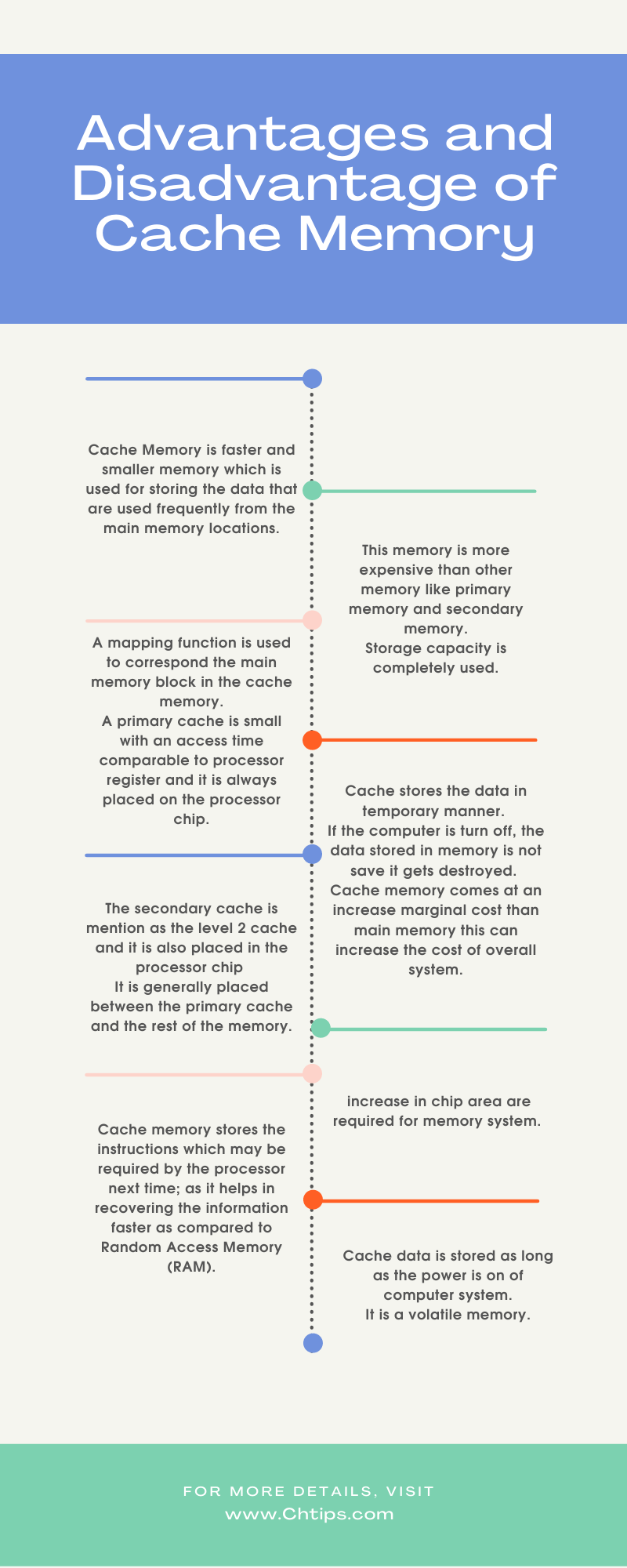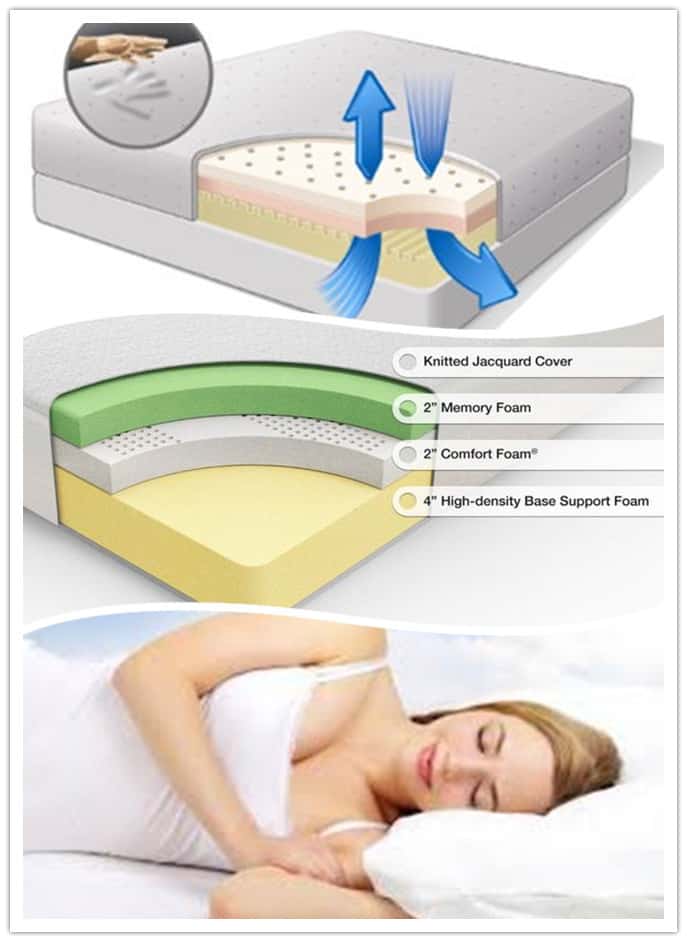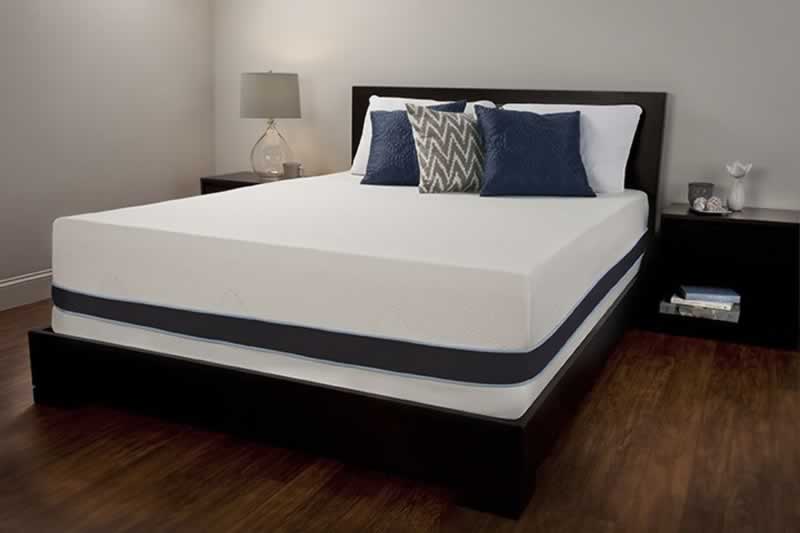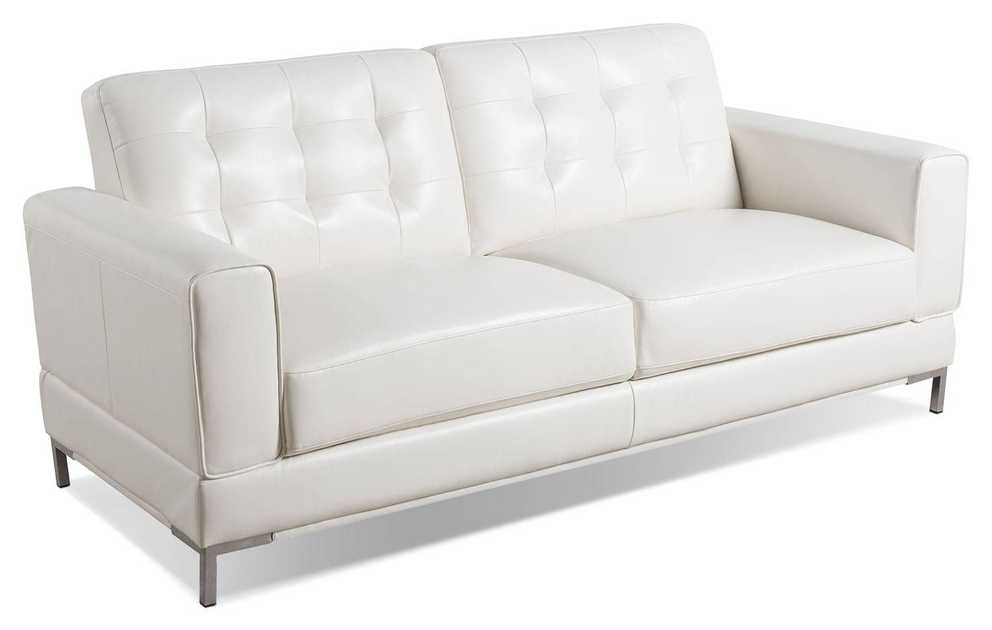Pros and Cons of Memory Foam Mattresses
Memory foam mattresses have gained popularity in recent years for their ability to provide a comfortable and supportive sleep experience. However, like any other product, they also come with their own set of pros and cons. In this article, we will explore the top 10 benefits and disadvantages of memory foam mattresses to help you decide if they are the right choice for you.
Memory Foam Mattress Benefits and Drawbacks
Memory foam mattresses are known for their contouring abilities, which can provide relief for pressure points and promote proper spinal alignment. This makes them a popular choice for people with back pain or those who prefer a softer sleep surface. However, the unique properties of memory foam also come with a few drawbacks that may not be suitable for everyone.
Advantages and Disadvantages of Memory Foam Mattresses
When it comes to memory foam mattresses, the benefits and disadvantages largely depend on personal preferences and needs. For example, while some people may love the sinking feeling of memory foam, others may find it uncomfortable. Let’s take a closer look at the pros and cons of memory foam mattresses to help you make an informed decision.
Is a Memory Foam Mattress Right for You?
Deciding whether or not a memory foam mattress is the right choice for you can be a difficult task. However, considering your sleep needs and preferences can help you make a more informed decision. For example, if you have back pain or need pressure relief, a memory foam mattress might be the best option. On the other hand, if you prefer a firmer sleep surface or sleep hot, you may want to look for other alternatives.
Benefits of Sleeping on a Memory Foam Mattress
One of the main benefits of memory foam mattresses is their ability to conform to your body shape, providing personalized support and pressure relief. This can help you sleep more comfortably and wake up feeling refreshed and pain-free. Additionally, memory foam mattresses are known for their motion isolation properties, making them a great choice for couples or those who share a bed with a restless sleeper. They are also hypoallergenic and resistant to dust mites, making them a great option for people with allergies.
Drawbacks of Memory Foam Mattresses
While memory foam mattresses have many benefits, they also have a few drawbacks that may not be suitable for everyone. The most common complaint about memory foam is that it tends to retain heat, which can make some people feel uncomfortably warm during the night. Additionally, some people may find the sinking feeling of memory foam uncomfortable, especially if they are used to sleeping on a firmer surface.
Memory Foam Mattress Pros and Cons
As we have mentioned, the pros and cons of memory foam mattresses largely depend on personal preferences and needs. However, to summarize, here are the main advantages and disadvantages of memory foam mattresses:
The Good and Bad of Memory Foam Mattresses
While the benefits of memory foam mattresses may outweigh the drawbacks for some people, it’s important to consider both sides before making a purchase. The unique properties of memory foam may provide a comfortable and supportive sleep experience for some, but they may not be suitable for others.
Exploring the Benefits and Disadvantages of Memory Foam Mattresses
Ultimately, the decision to invest in a memory foam mattress comes down to personal preference and needs. If you value pressure relief, motion isolation, and a conforming sleep surface, a memory foam mattress may be the right choice for you. However, if you prefer a firmer sleep surface or tend to sleep hot, you may want to consider other options.
Should You Invest in a Memory Foam Mattress?
In conclusion, memory foam mattresses have both benefits and disadvantages that you should consider before making a purchase. While they may provide a comfortable and supportive sleep experience for some, they may not be the best choice for others. It’s important to weigh both sides and consider your individual needs before deciding if a memory foam mattress is right for you.
Benefits and Disadvantages of Memory Foam Mattress

Soothing Pressure Points and Improved Sleep Quality
 One of the most significant benefits of a memory foam mattress is its ability to evenly distribute body weight and provide support to pressure points. This is due to its ability to contour and mold to the shape of the body, creating a cradling effect. This can be especially beneficial for those who suffer from joint pain or chronic back pain, as it can help alleviate discomfort and promote better sleep quality. The memory foam also absorbs movement, making it an ideal option for couples who may have different sleeping patterns.
One of the most significant benefits of a memory foam mattress is its ability to evenly distribute body weight and provide support to pressure points. This is due to its ability to contour and mold to the shape of the body, creating a cradling effect. This can be especially beneficial for those who suffer from joint pain or chronic back pain, as it can help alleviate discomfort and promote better sleep quality. The memory foam also absorbs movement, making it an ideal option for couples who may have different sleeping patterns.
Durability and Longevity
 Another advantage of a memory foam mattress is its durability and longevity. Unlike traditional mattresses that tend to sag and lose shape over time, memory foam mattresses are designed to maintain their shape and support for a longer period. This is because the foam is made of high-density material that can withstand pressure and weight without losing its form. As a result, investing in a memory foam mattress can save you money in the long run as you won't have to replace it as frequently as a traditional mattress.
Another advantage of a memory foam mattress is its durability and longevity. Unlike traditional mattresses that tend to sag and lose shape over time, memory foam mattresses are designed to maintain their shape and support for a longer period. This is because the foam is made of high-density material that can withstand pressure and weight without losing its form. As a result, investing in a memory foam mattress can save you money in the long run as you won't have to replace it as frequently as a traditional mattress.
Hypoallergenic and Dust Mite Resistant
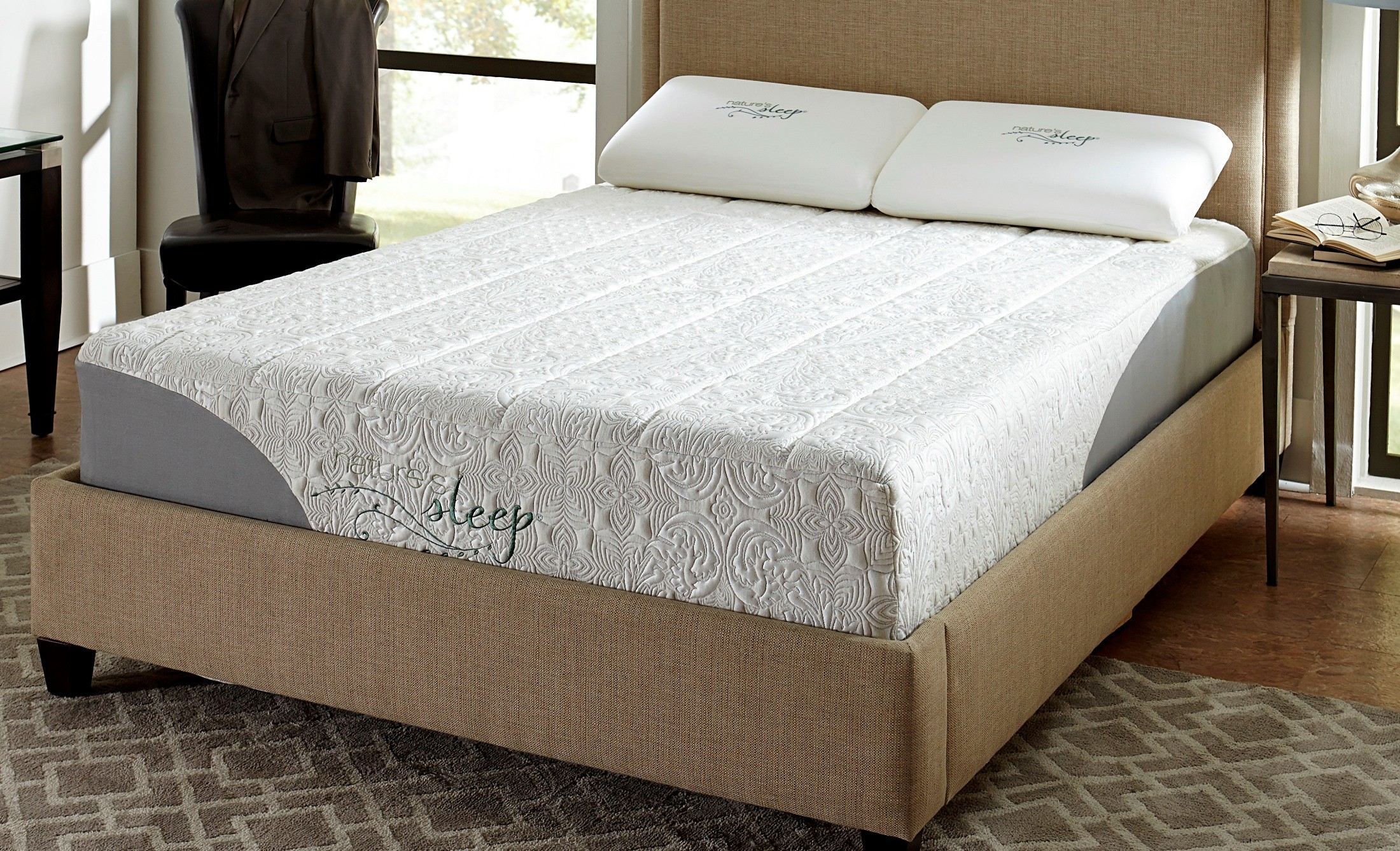 Memory foam mattresses are known for being hypoallergenic and resistant to dust mites, making them an excellent option for those with allergies or respiratory issues. The dense structure of the foam prevents the accumulation of dust mites and other allergens, promoting a cleaner and healthier sleeping environment. This can be especially beneficial for individuals who suffer from allergies or asthma, as the mattress can help reduce their exposure to potential irritants.
Memory foam mattresses are known for being hypoallergenic and resistant to dust mites, making them an excellent option for those with allergies or respiratory issues. The dense structure of the foam prevents the accumulation of dust mites and other allergens, promoting a cleaner and healthier sleeping environment. This can be especially beneficial for individuals who suffer from allergies or asthma, as the mattress can help reduce their exposure to potential irritants.
Off-Gassing and Chemical Smell
 One of the most common complaints about memory foam mattresses is the initial off-gassing and chemical smell that can be present when first unpacking the mattress. This is due to the manufacturing process and the use of chemicals in the foam. While the smell may dissipate over time, it can be a disadvantage for individuals who are sensitive to strong odors. To avoid this issue, it is recommended to let the mattress air out for a few days before using it or opt for a plant-based memory foam mattress that has a lower chemical content.
One of the most common complaints about memory foam mattresses is the initial off-gassing and chemical smell that can be present when first unpacking the mattress. This is due to the manufacturing process and the use of chemicals in the foam. While the smell may dissipate over time, it can be a disadvantage for individuals who are sensitive to strong odors. To avoid this issue, it is recommended to let the mattress air out for a few days before using it or opt for a plant-based memory foam mattress that has a lower chemical content.
Temperature Sensitivity and Heat Retention
 Lastly, a potential downside of memory foam mattresses is their temperature sensitivity and heat retention. The dense structure of the foam can trap body heat, causing some sleepers to feel too warm and uncomfortable at night. This can be especially problematic for those who live in warmer climates or tend to sleep hot. However, advancements in technology have led to the development of memory foam mattresses with cooling properties, which may be a better option for individuals who struggle with heat retention.
In conclusion, memory foam mattresses offer many benefits, including improved sleep quality, durability, and hypoallergenic properties. However, they may not be suitable for everyone, as they can have some disadvantages, such as off-gassing and heat retention. It is essential to carefully consider your personal needs and preferences before investing in a memory foam mattress to ensure you are making the best decision for your sleep and overall health.
Lastly, a potential downside of memory foam mattresses is their temperature sensitivity and heat retention. The dense structure of the foam can trap body heat, causing some sleepers to feel too warm and uncomfortable at night. This can be especially problematic for those who live in warmer climates or tend to sleep hot. However, advancements in technology have led to the development of memory foam mattresses with cooling properties, which may be a better option for individuals who struggle with heat retention.
In conclusion, memory foam mattresses offer many benefits, including improved sleep quality, durability, and hypoallergenic properties. However, they may not be suitable for everyone, as they can have some disadvantages, such as off-gassing and heat retention. It is essential to carefully consider your personal needs and preferences before investing in a memory foam mattress to ensure you are making the best decision for your sleep and overall health.




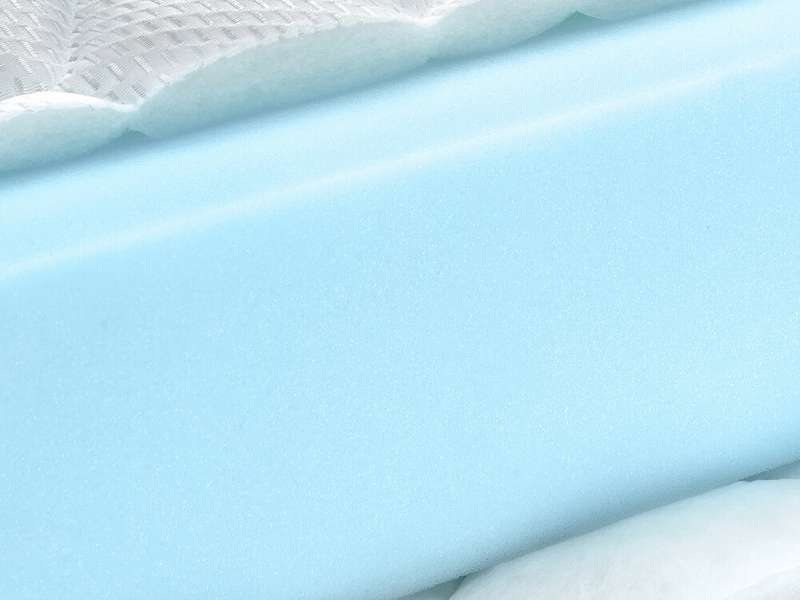

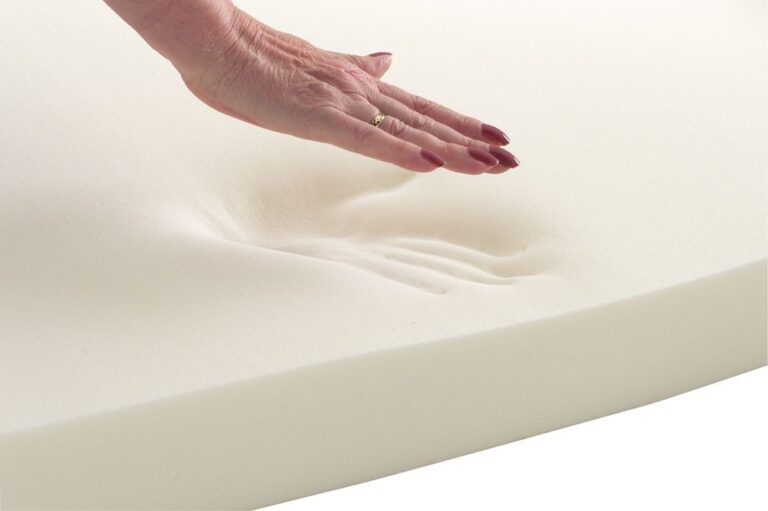

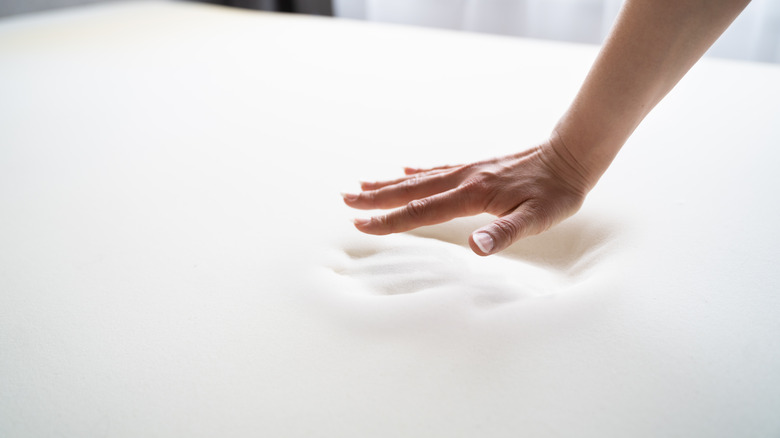





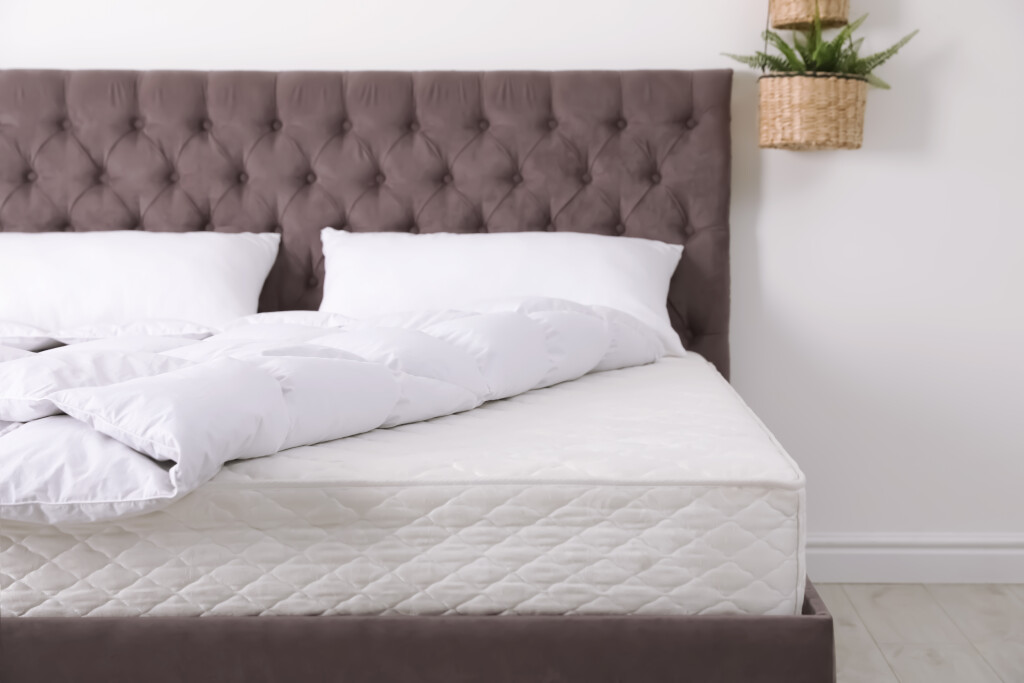


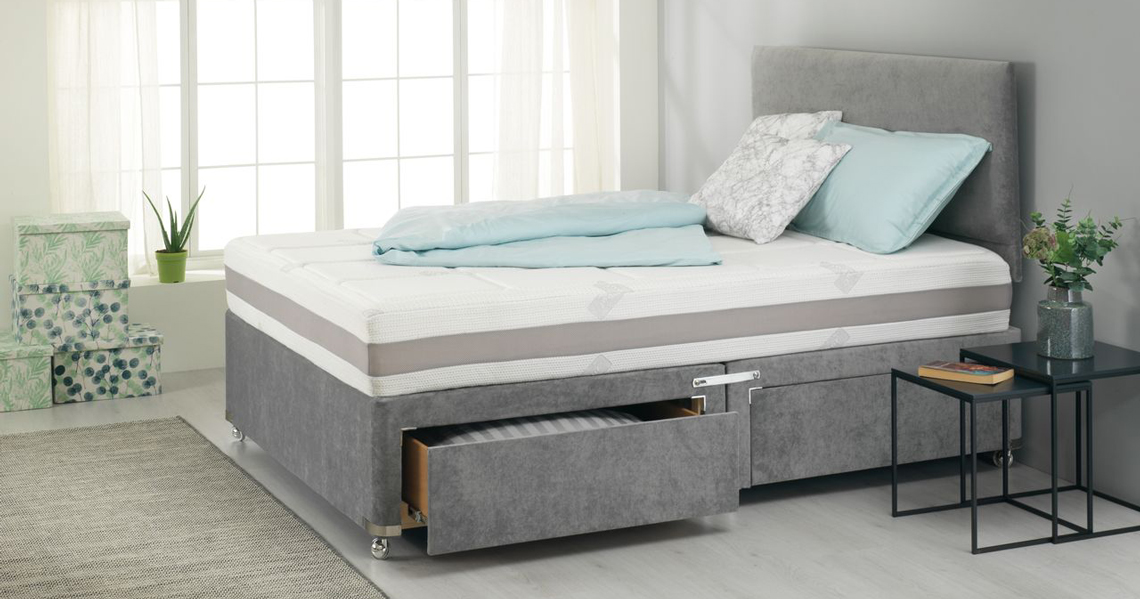


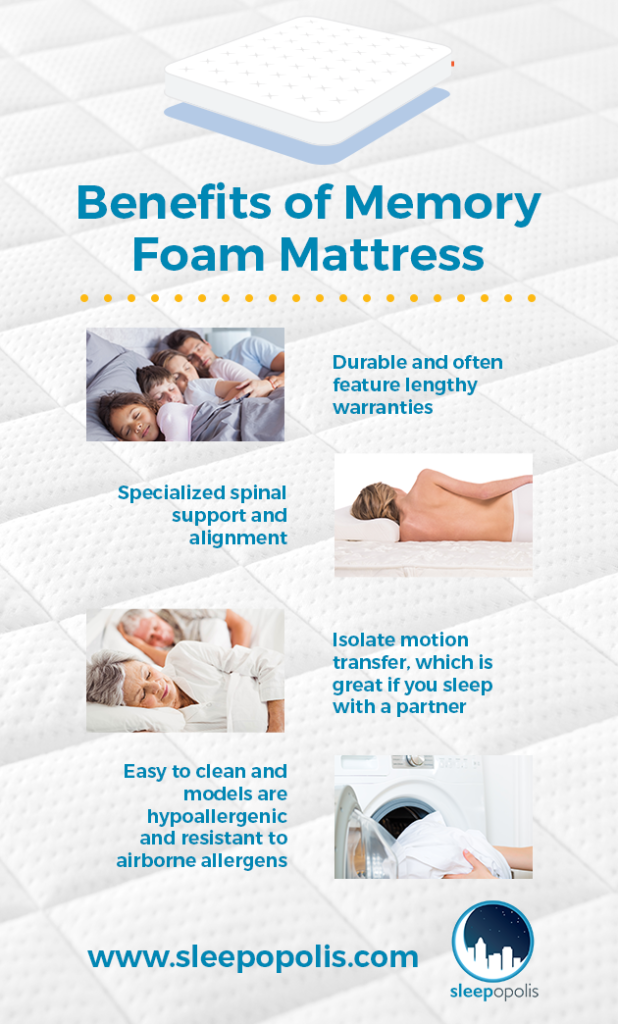







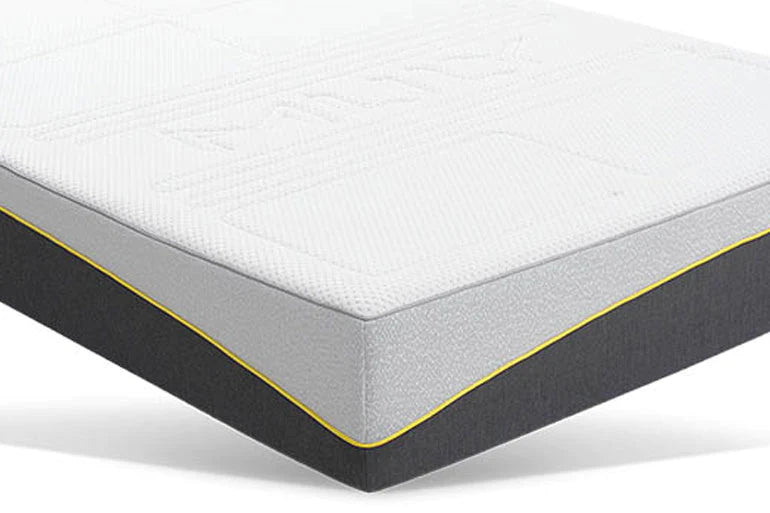












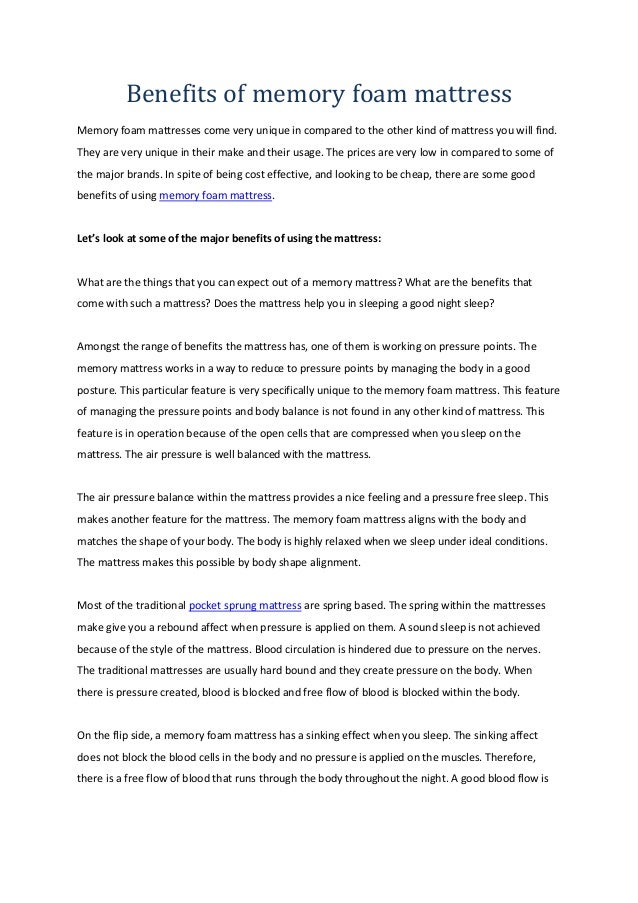
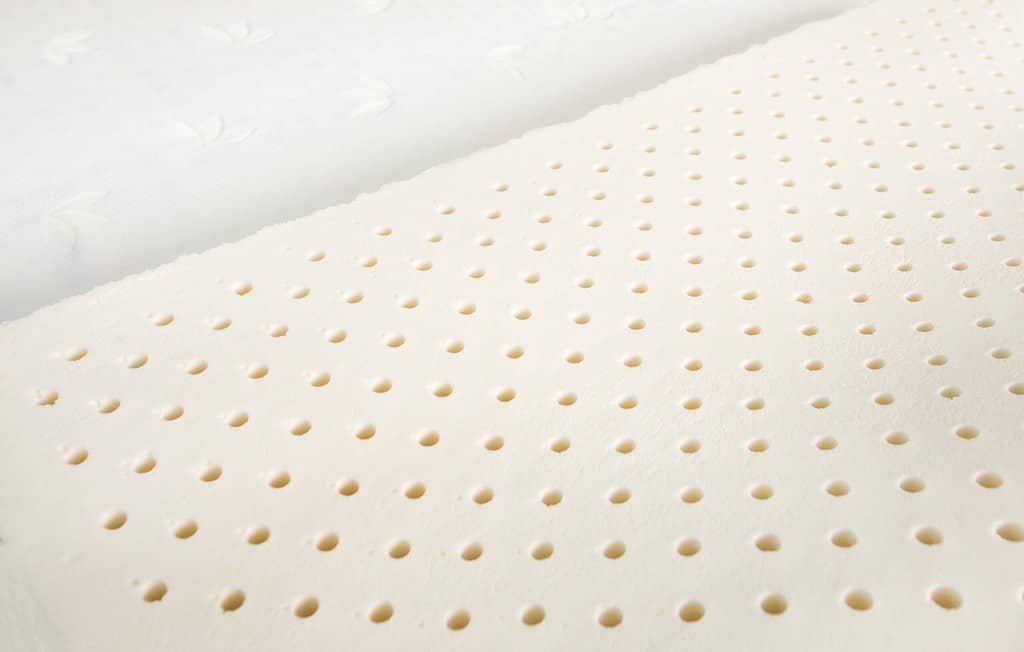





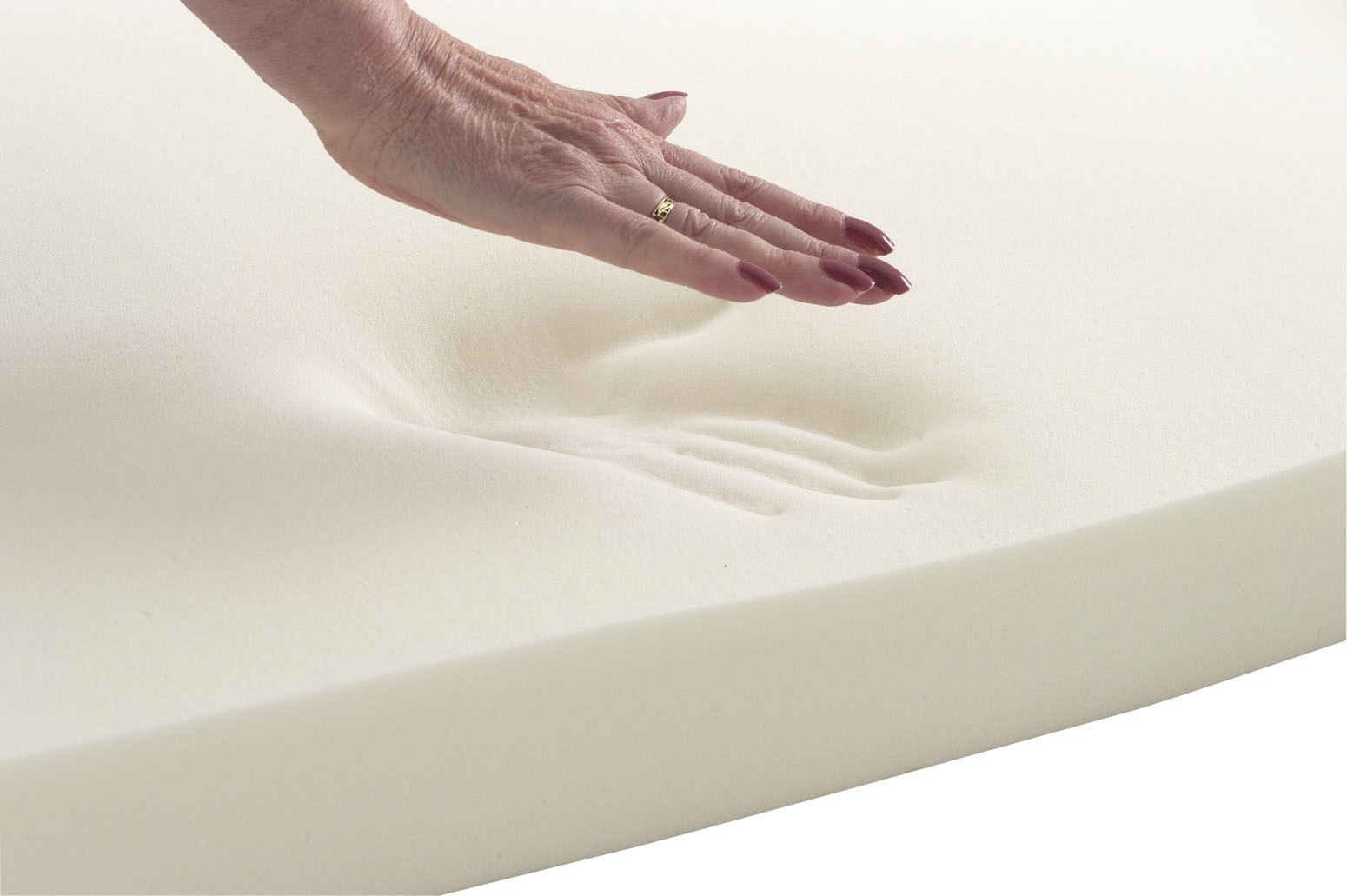


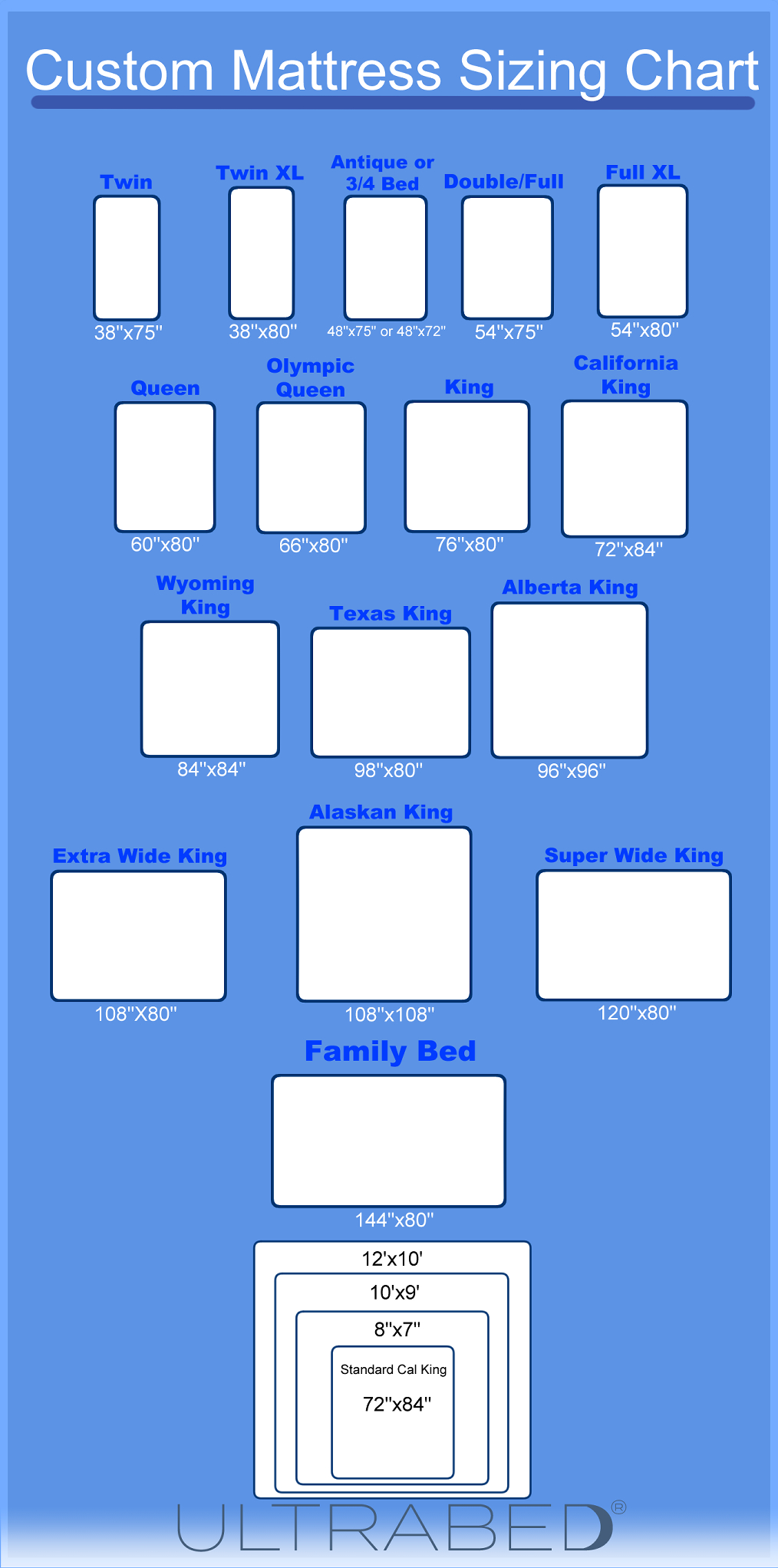

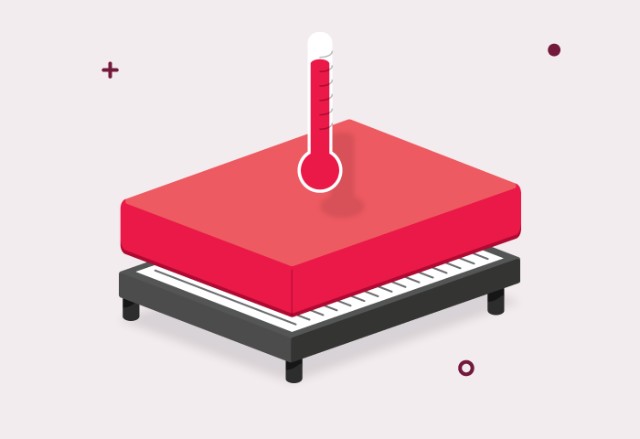











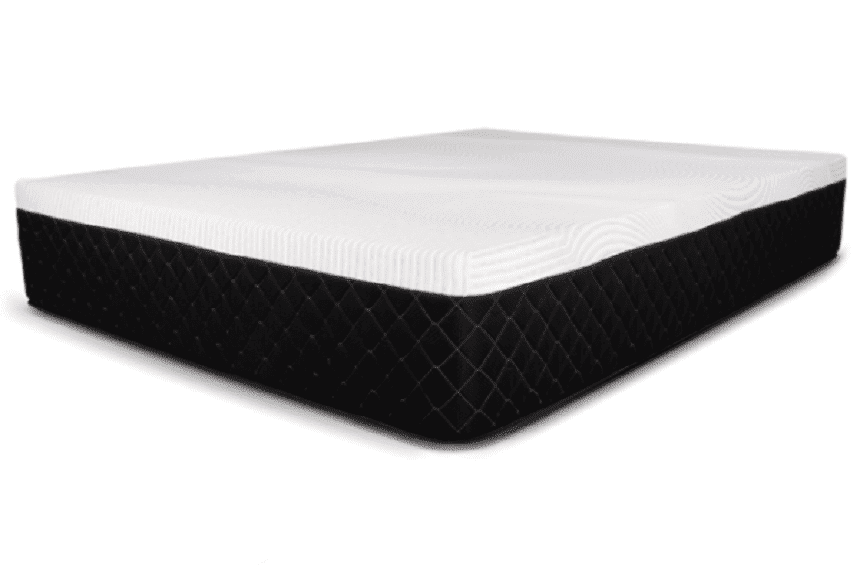
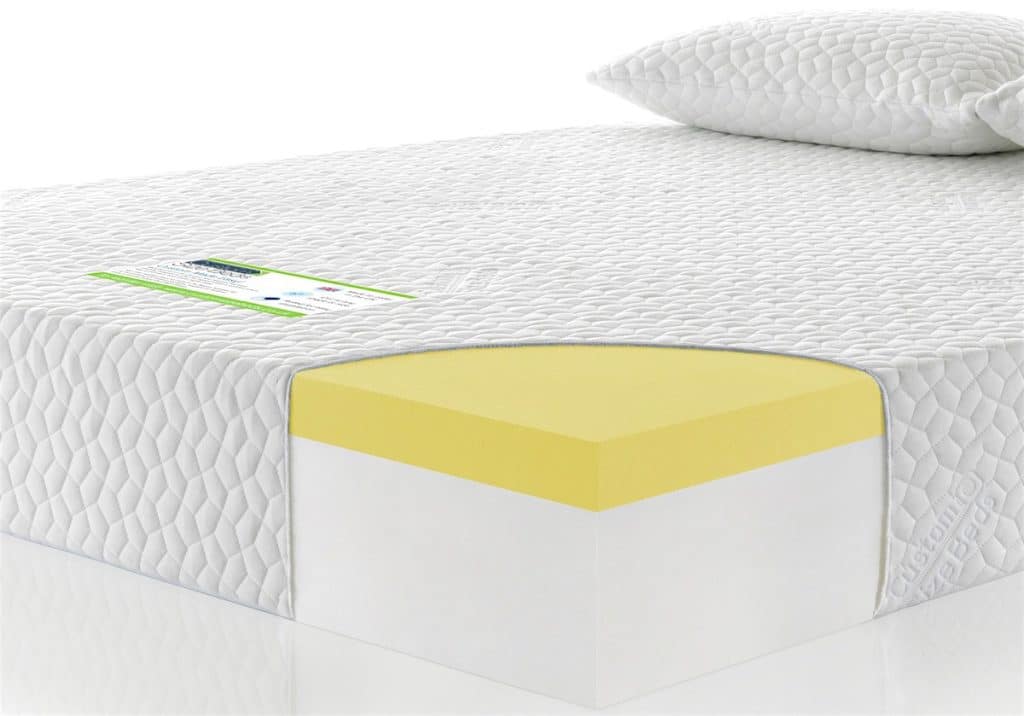
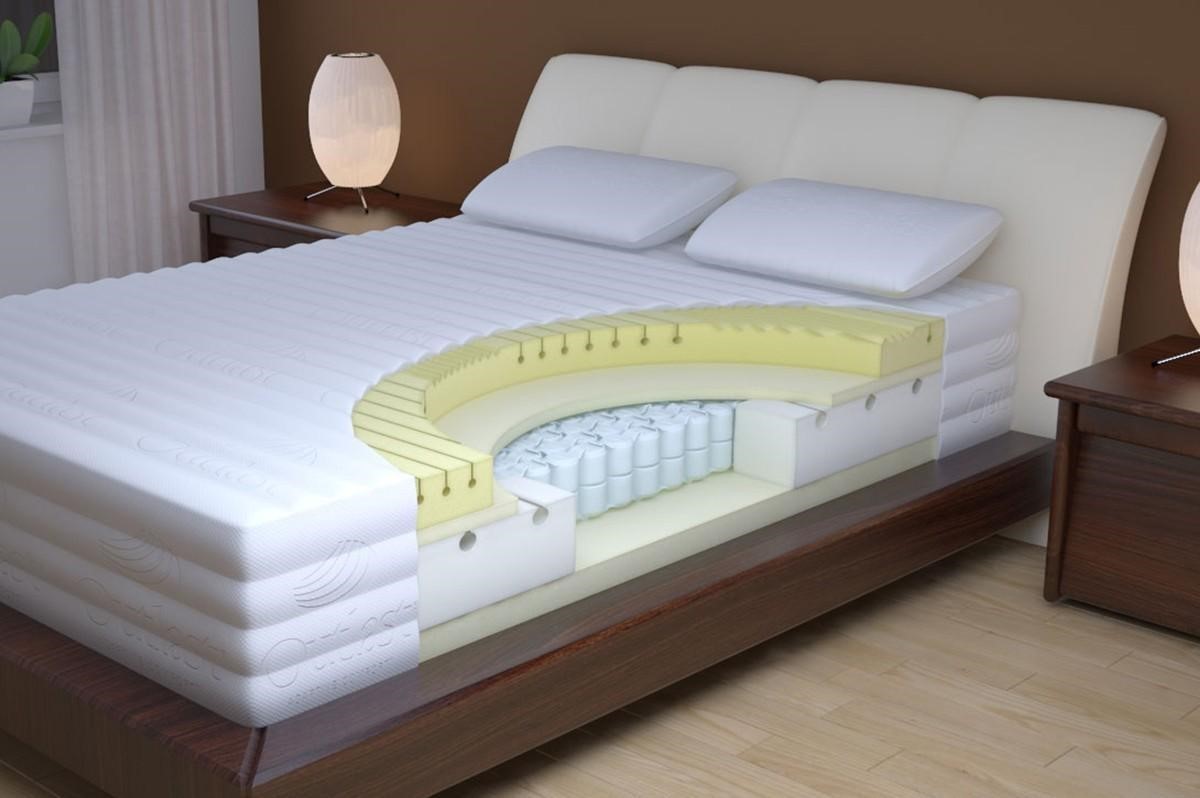






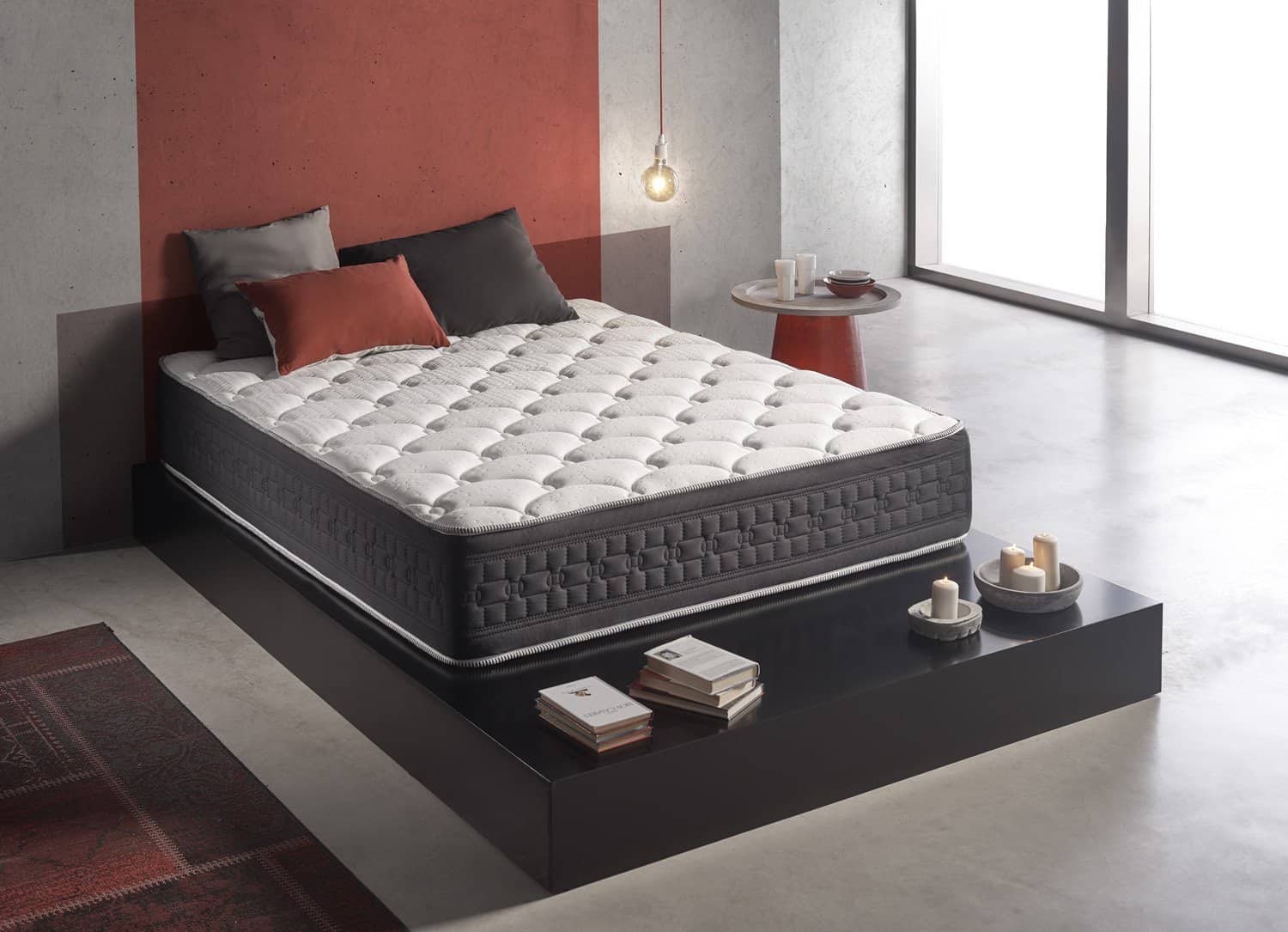




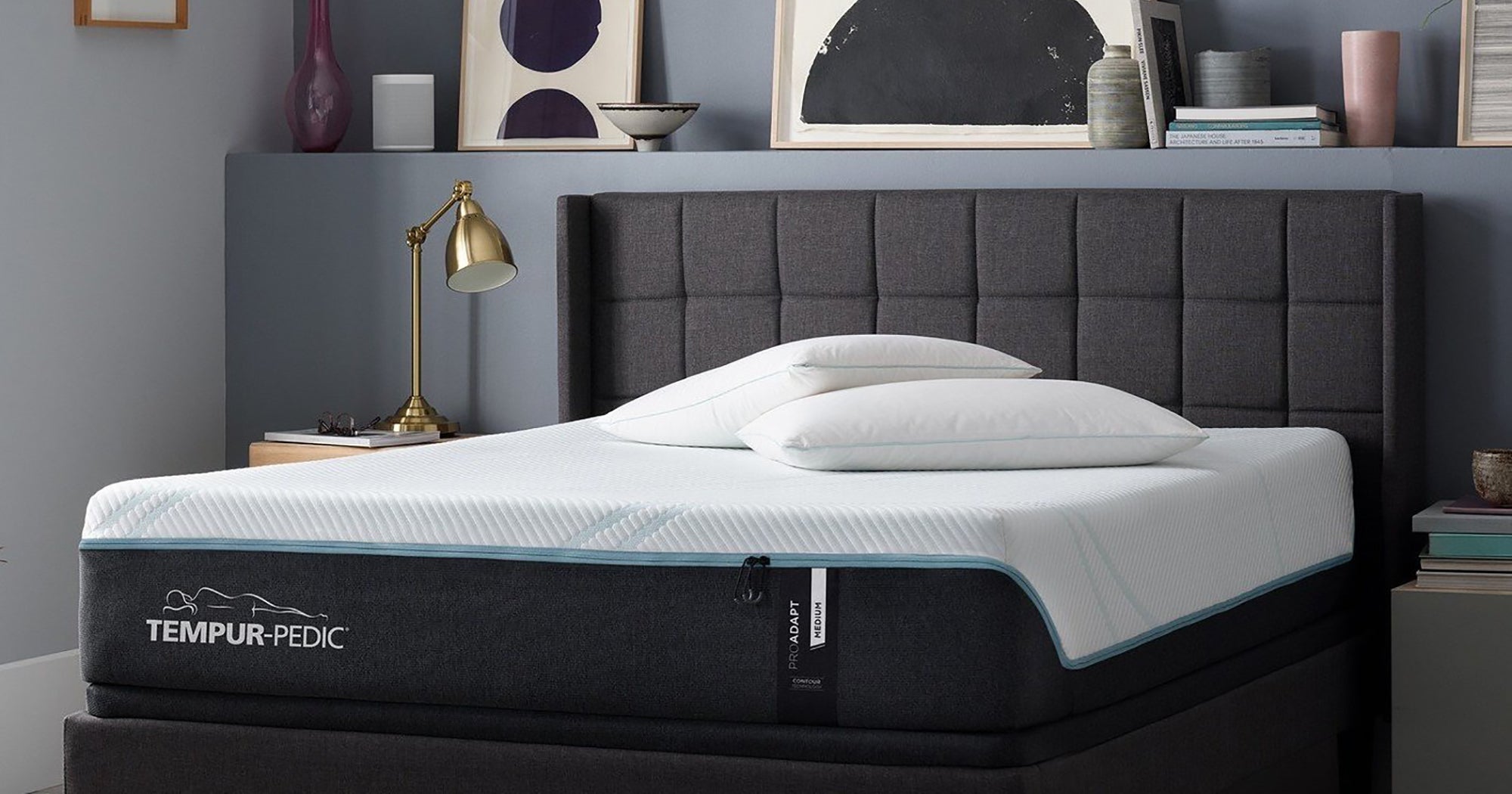

:max_bytes(150000):strip_icc()/Helix-Assets-Photography-Product-Mattress-Standard-Midnight-Lifestyle-20190312-5c9124aa46e0fb0001555923.jpg)
